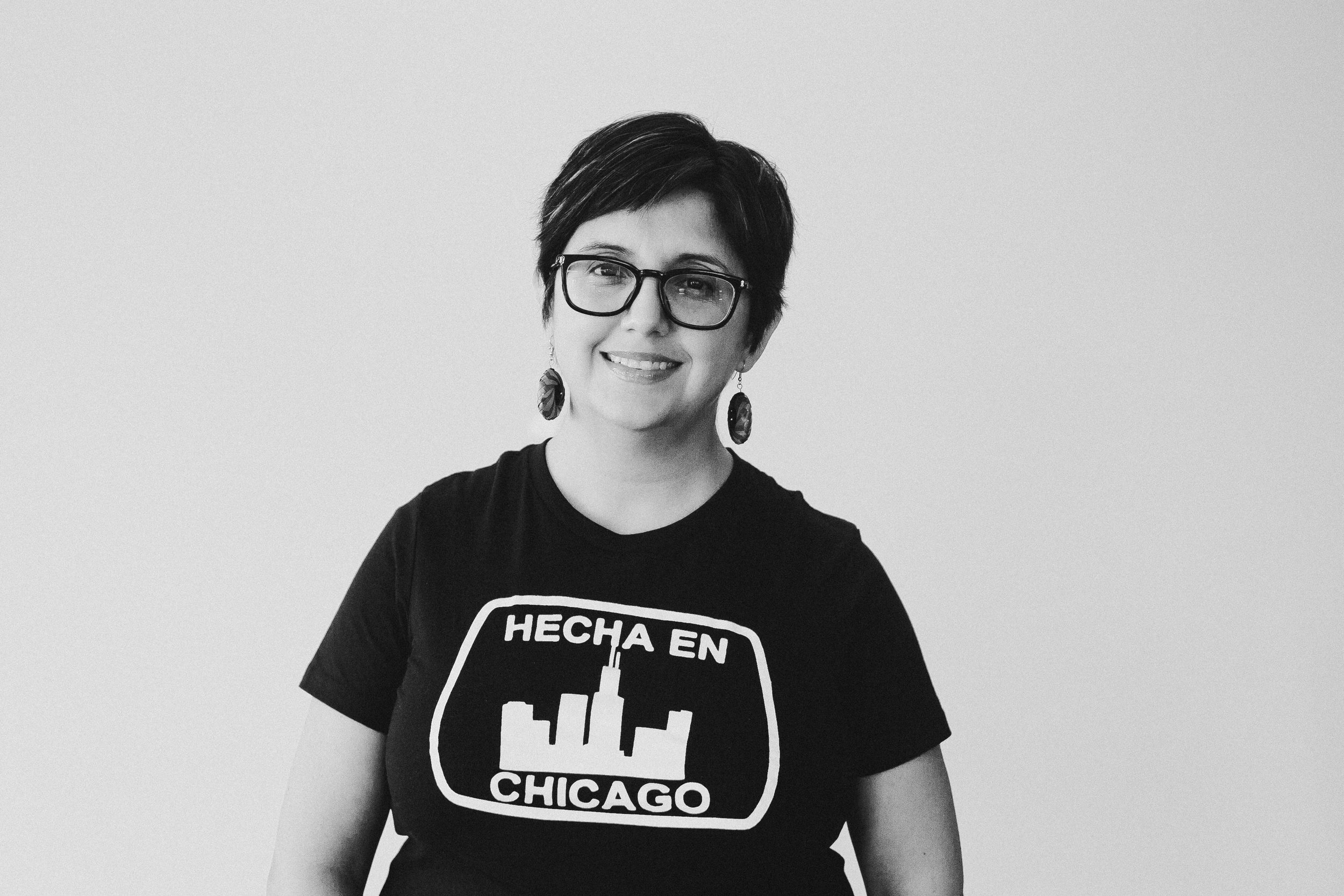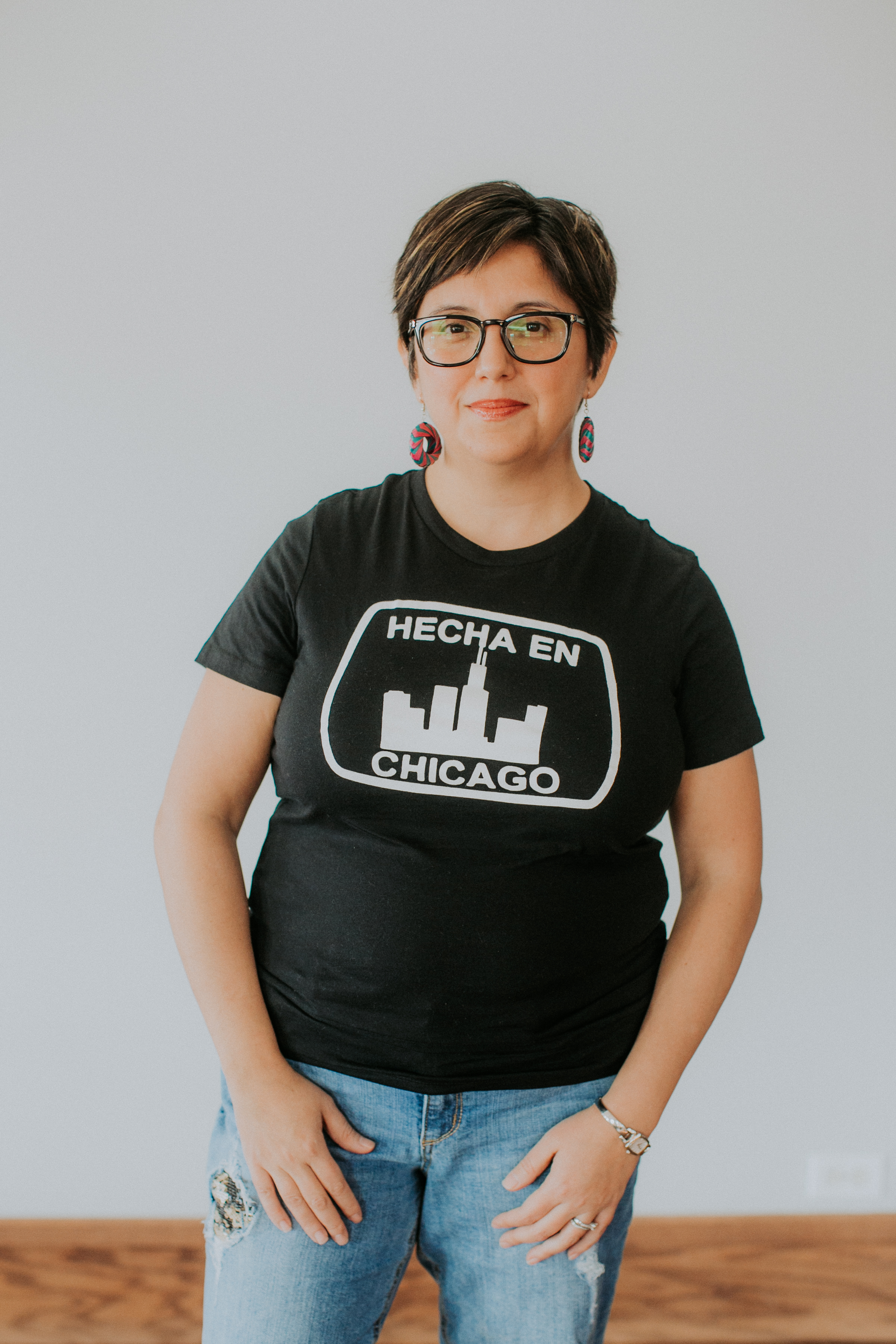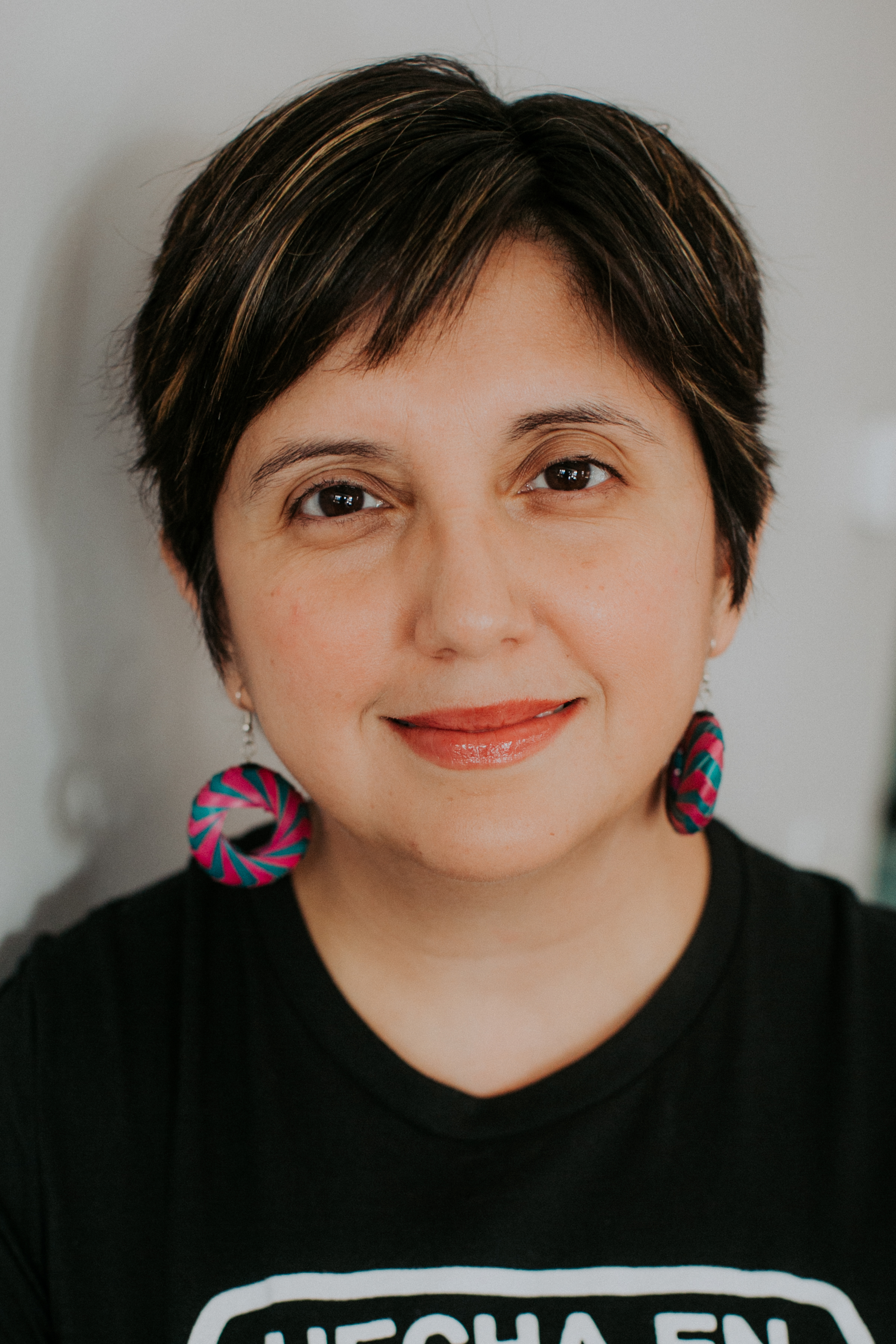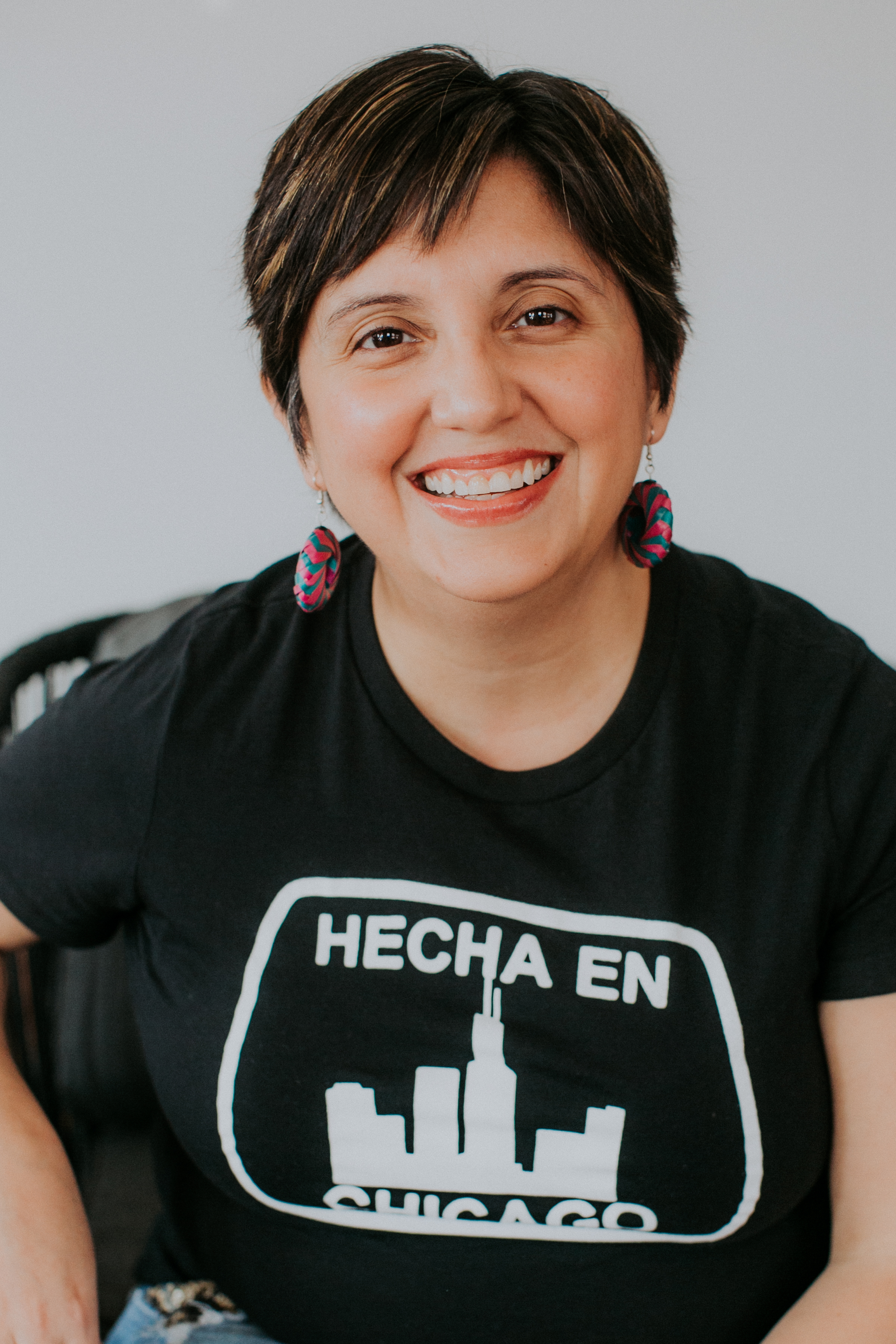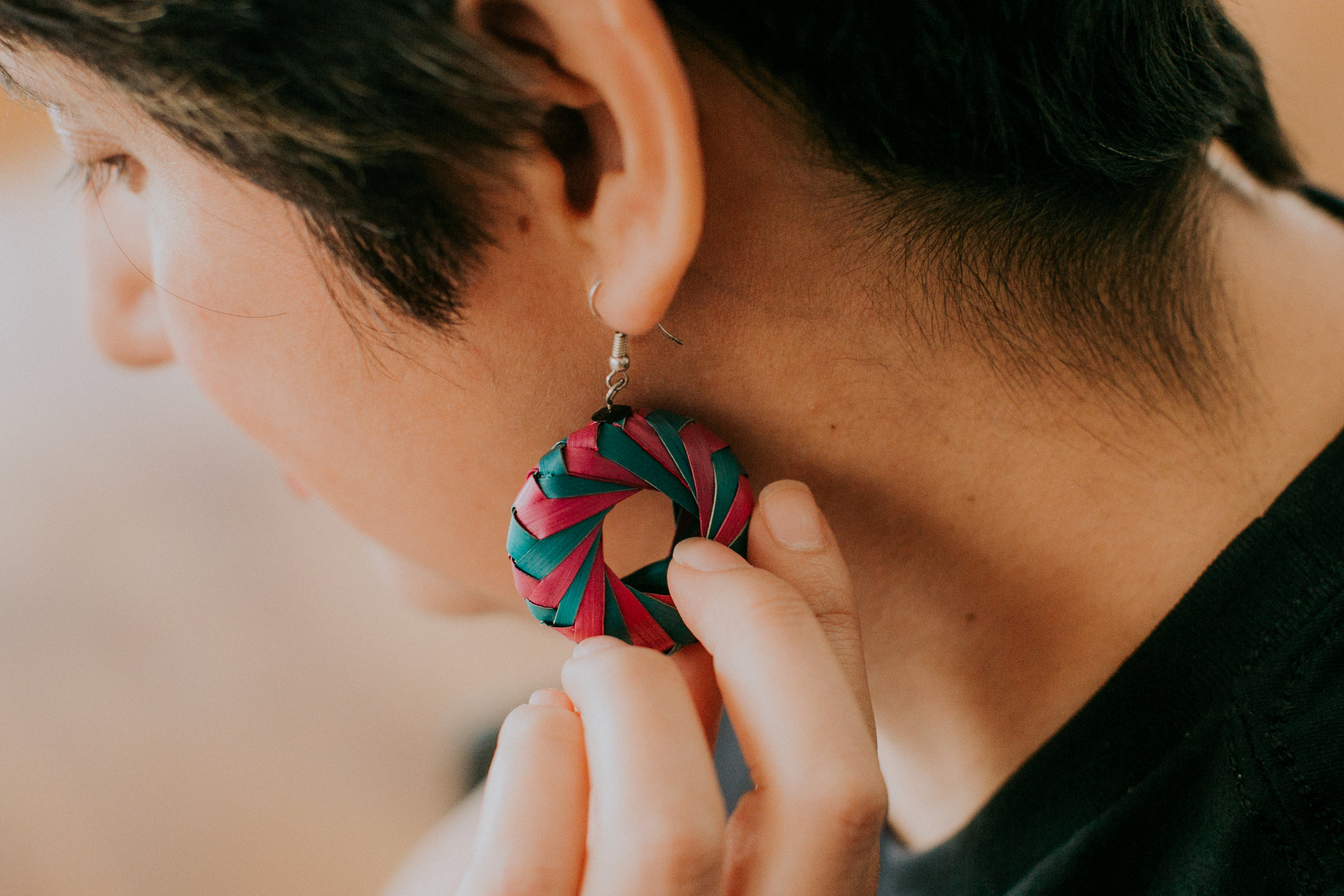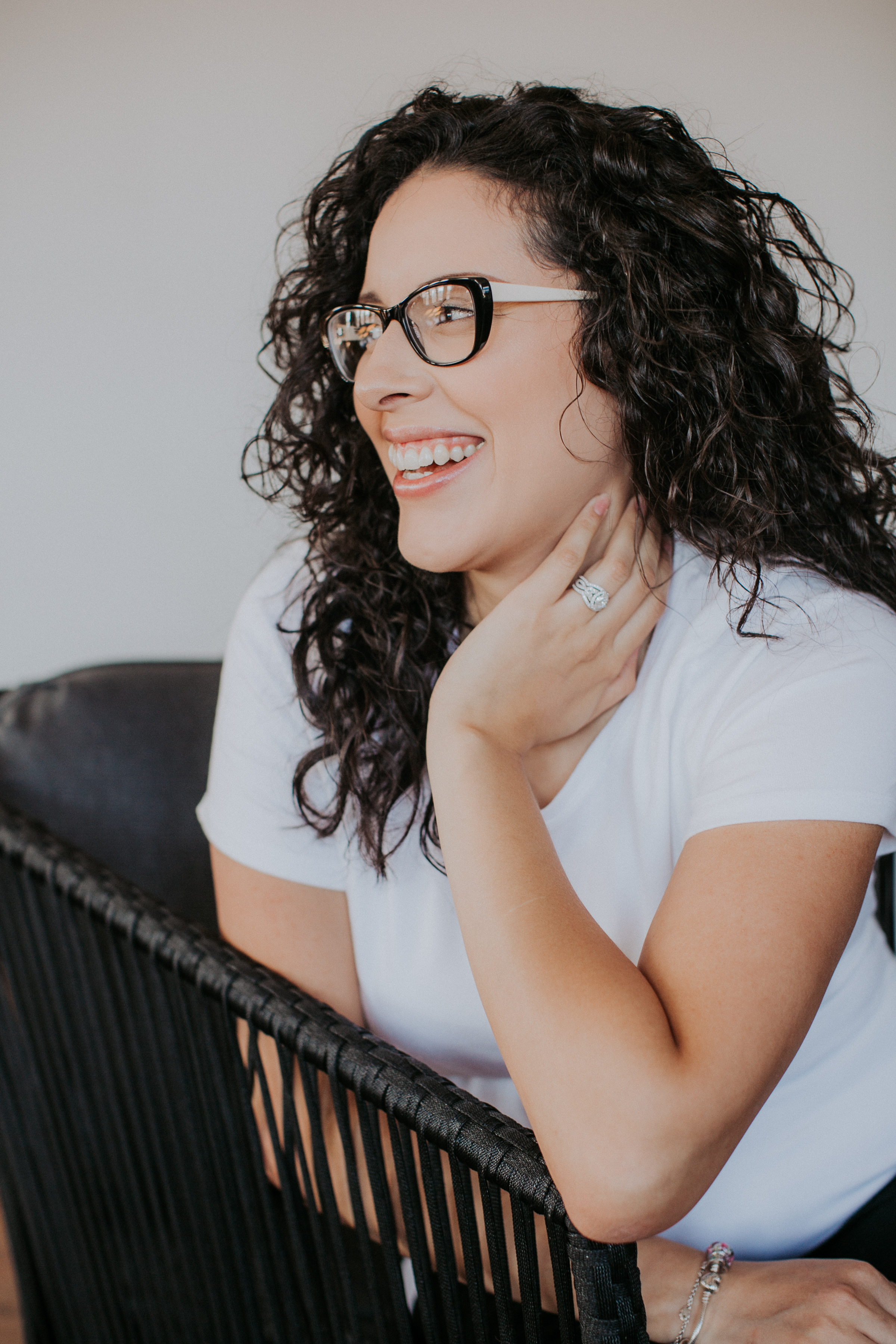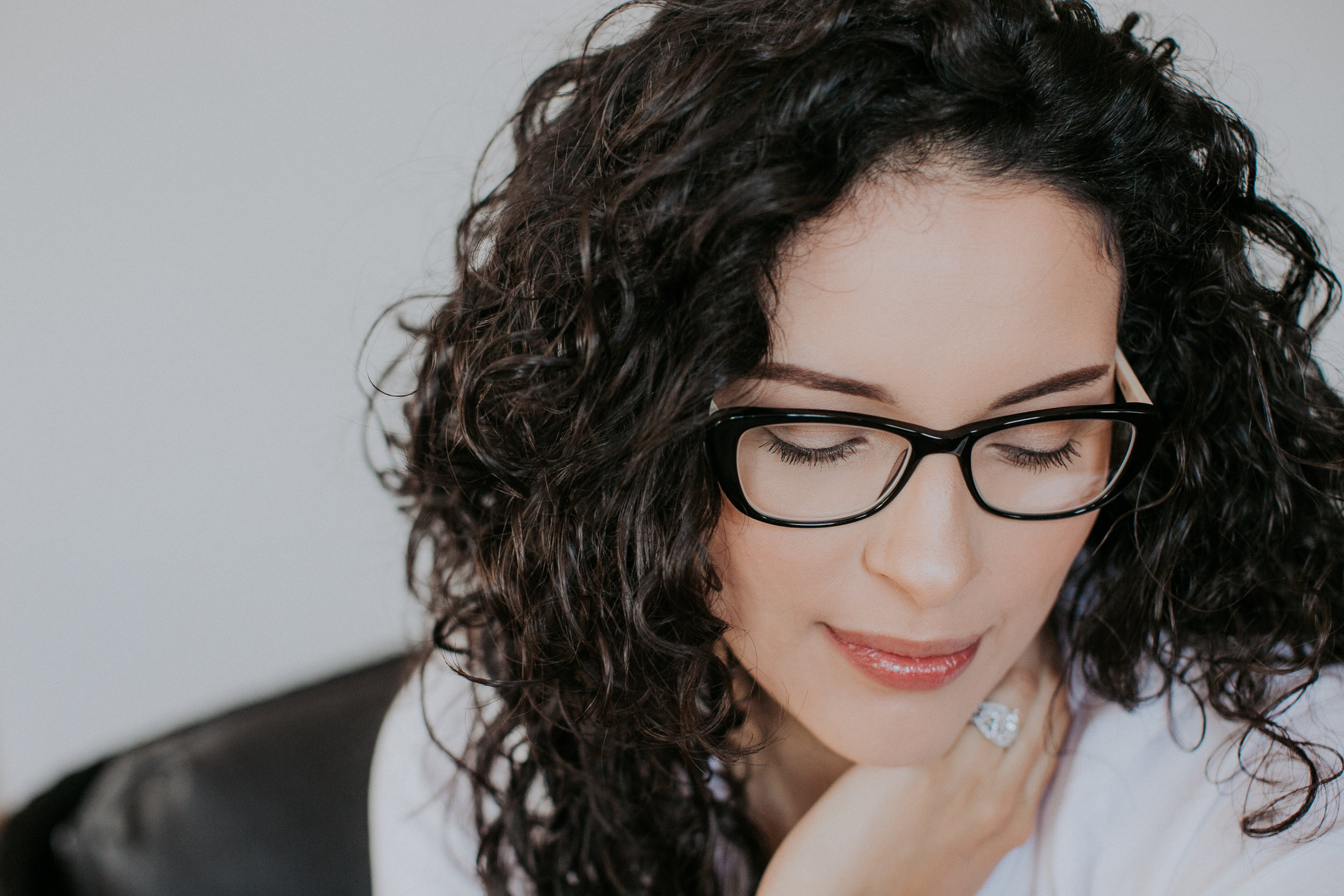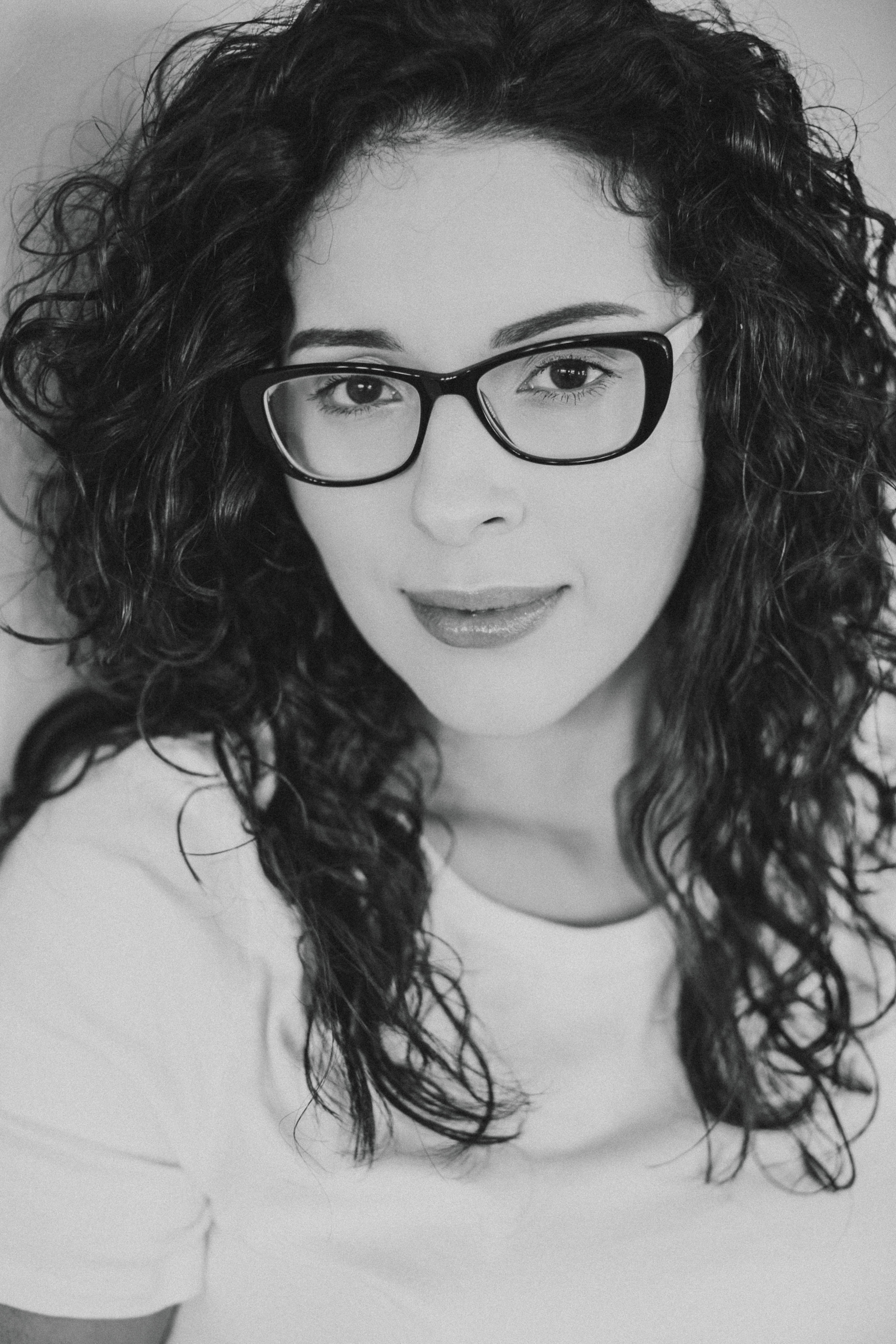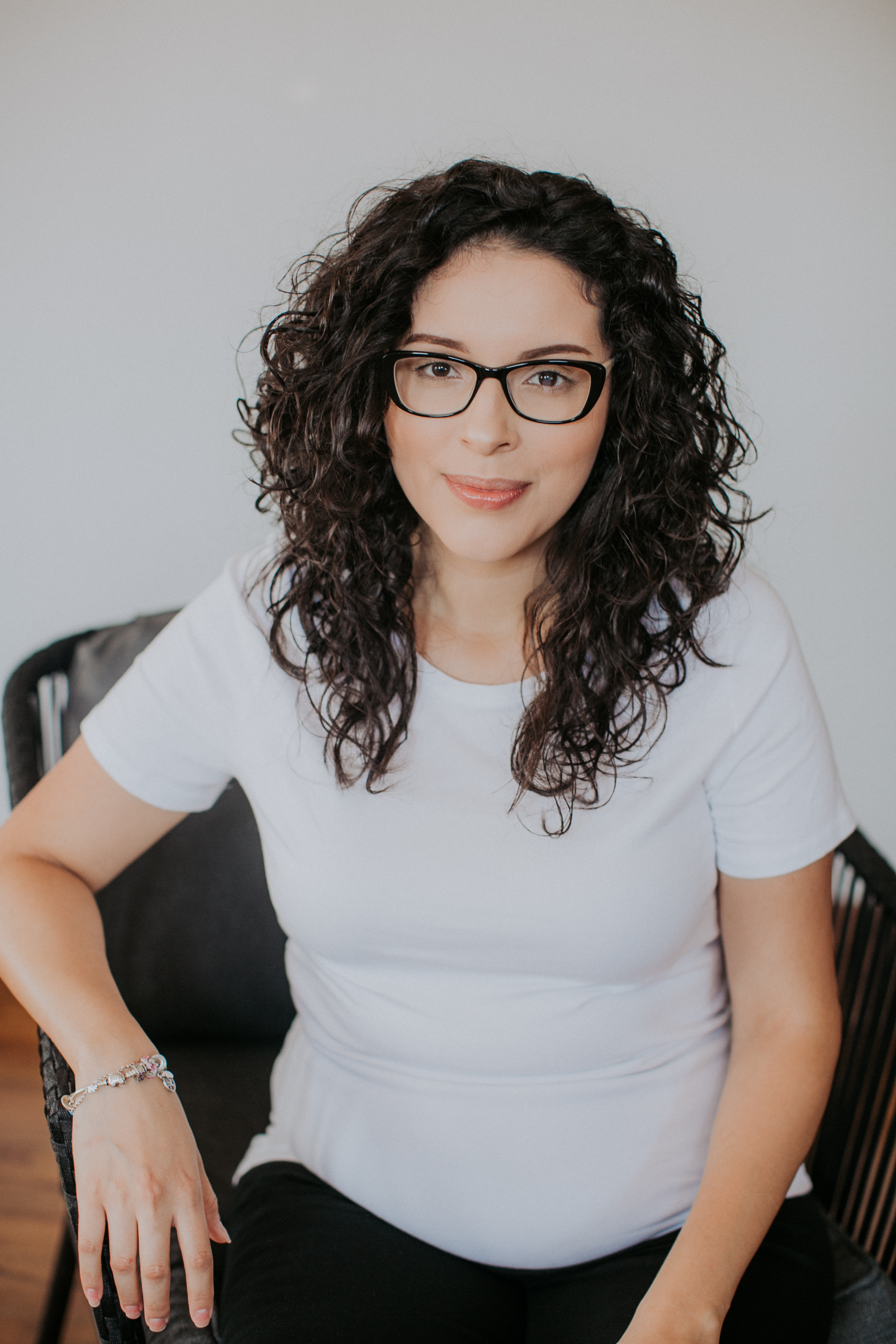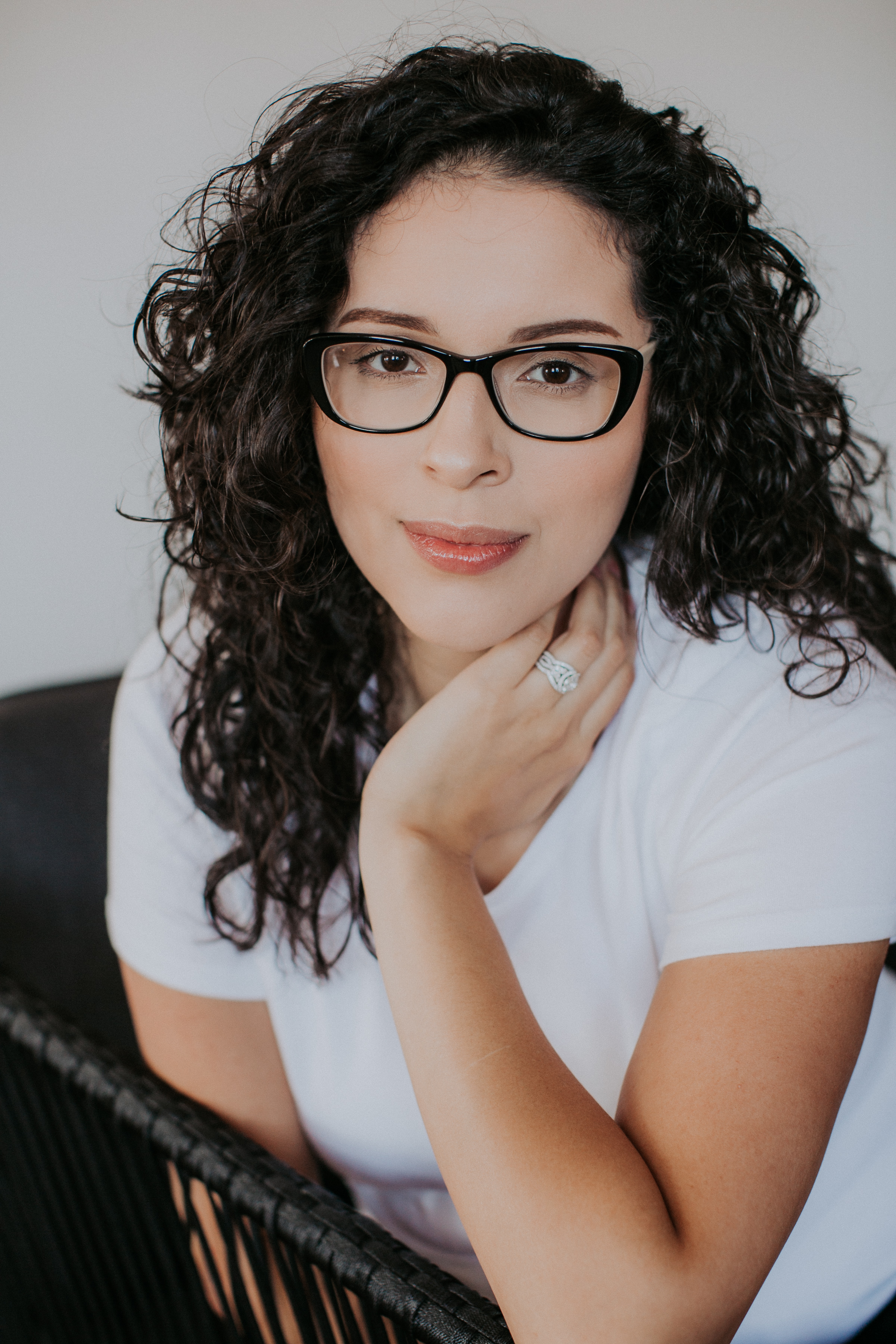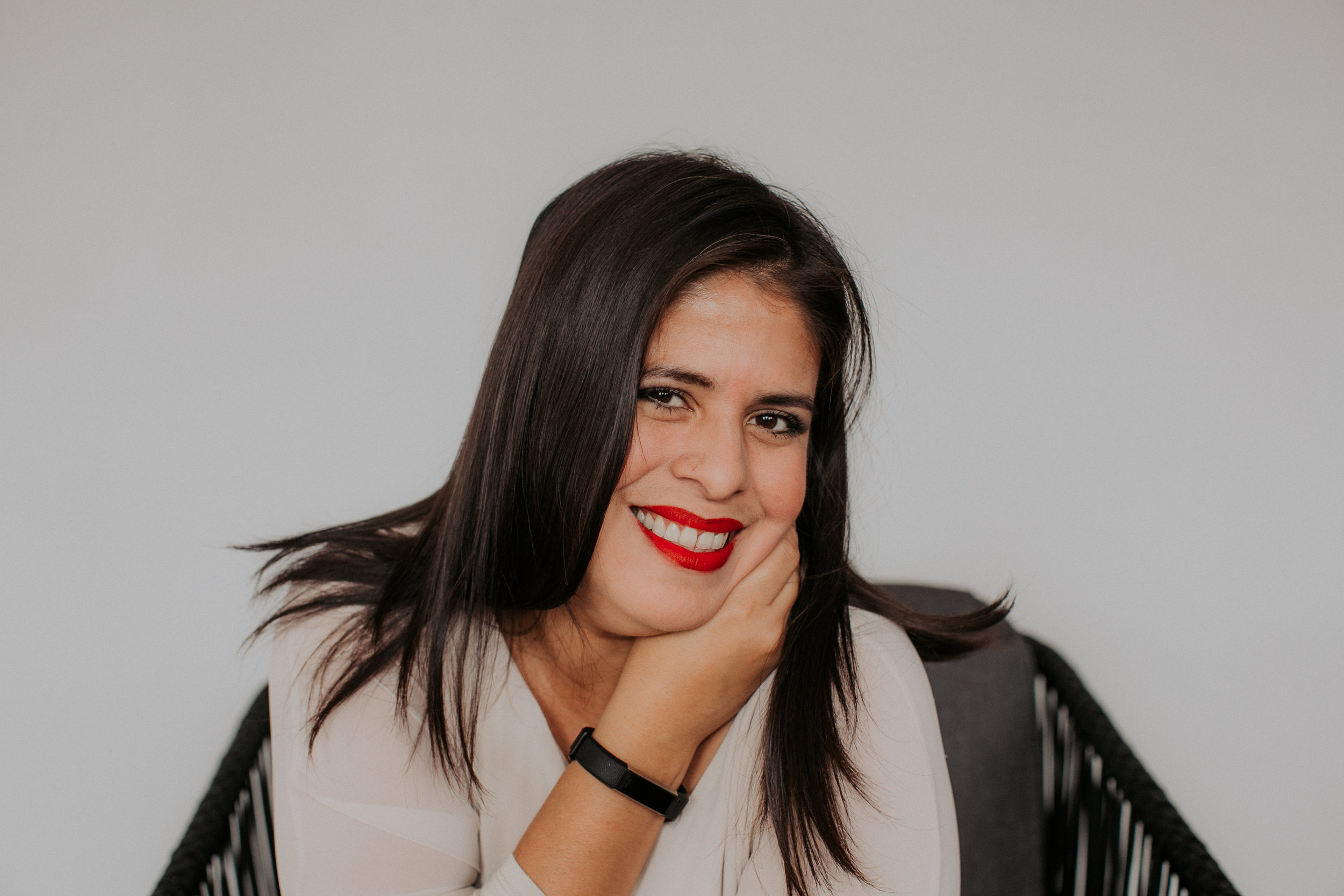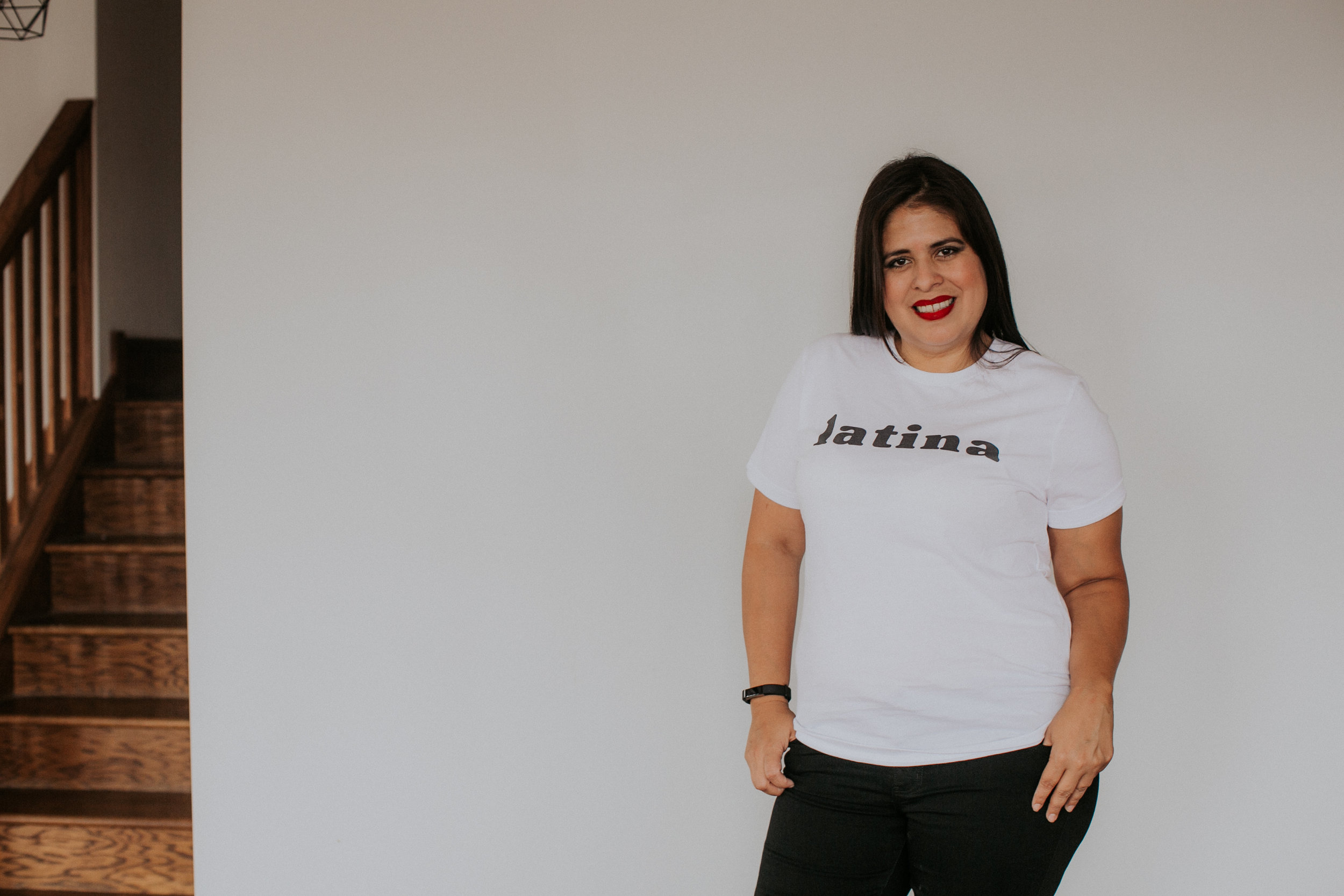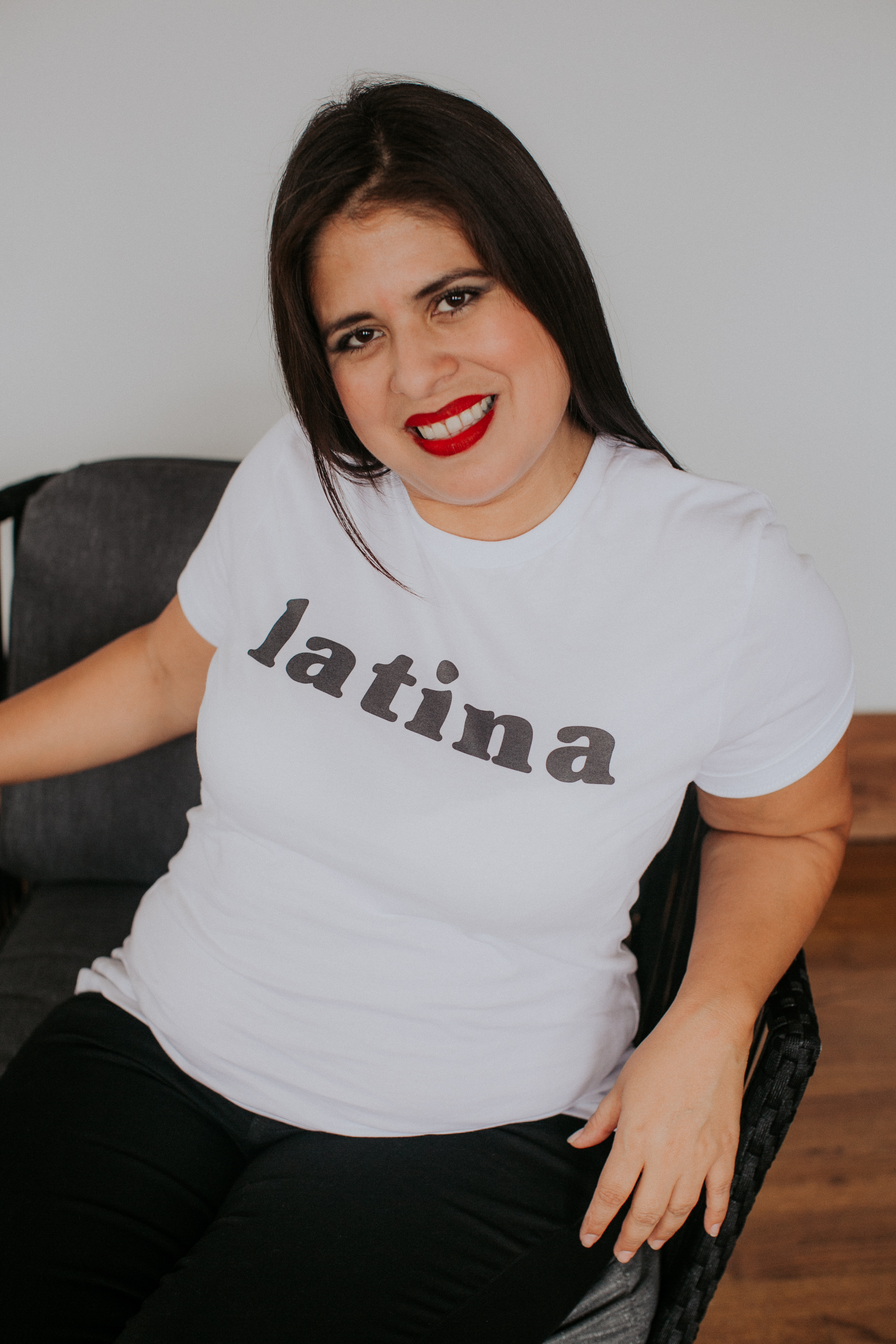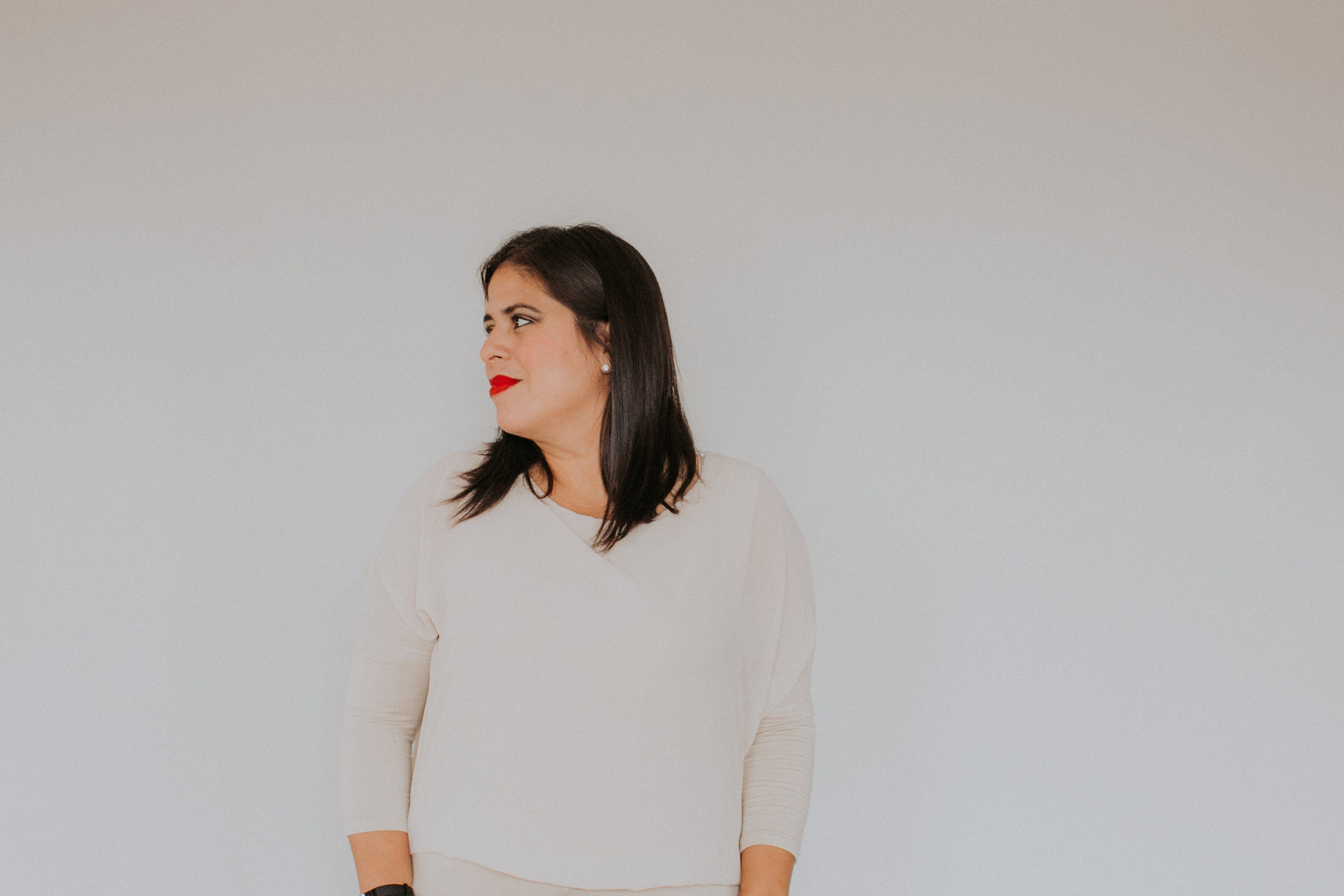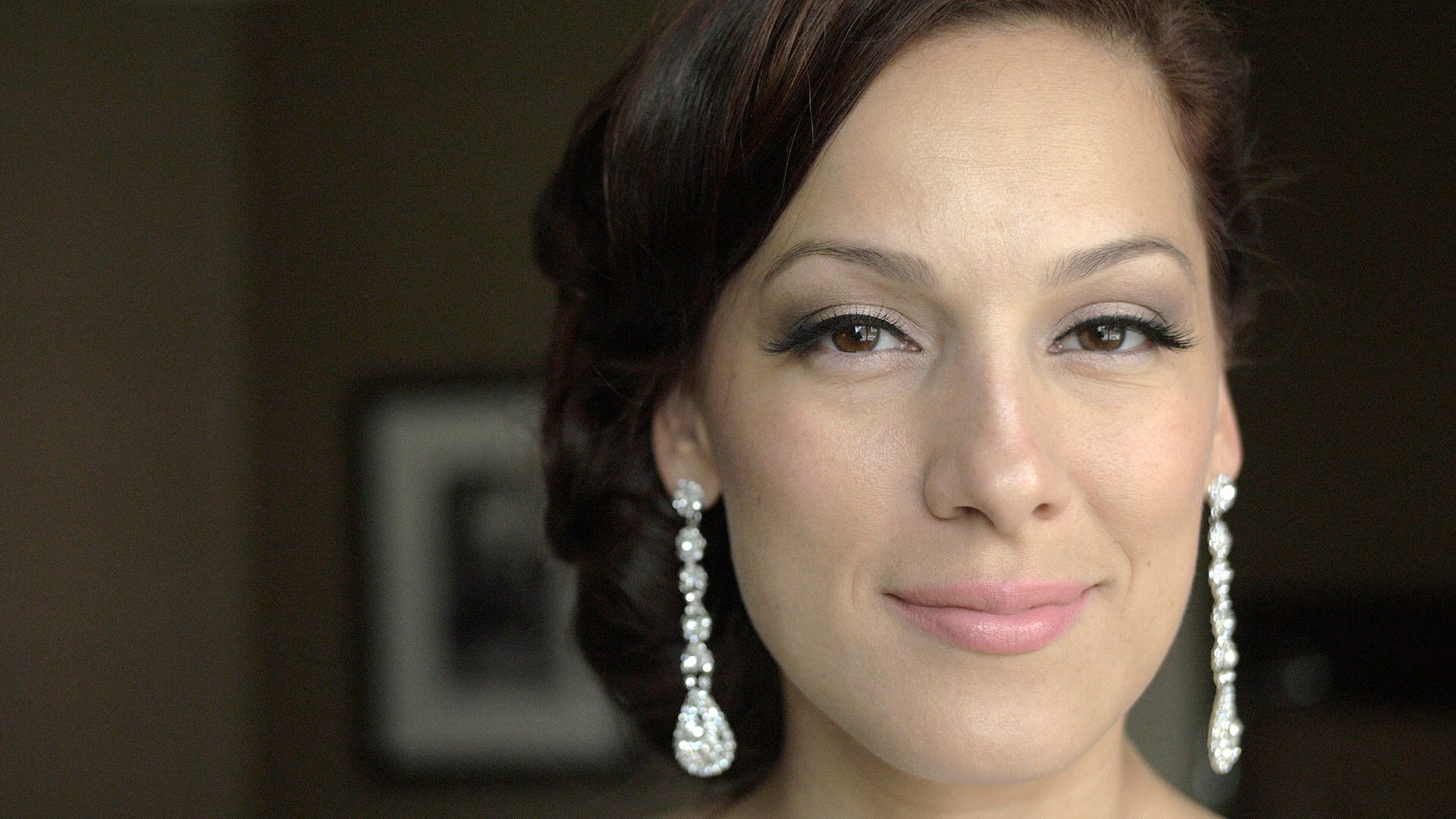What does being a Latina mean to you?:
Being a Latina means power beyond measure. It means fighting for what is right and never giving up. Being a Latina is who I am.
Share your movement, business, non-profit, dream, with us::
I envision a world where finances aren’t a stumbling block for individuals who aspire to attain higher education. For this reason I’ve started a non profit scholarship foundation, where students with financial need can apply to receive aid. This program will also provide students with mentorship opportunities throughout their educational journey, to help them reach their academic goals.
What inspired you to start your movement, business, non-profit, dream, etc.:
Potential in individuals inspires me. While I was in college, I too, needed a role model and financial assistance. And when it wasn’t there, it was hard. I saw a lot of my peers quit along the way due to the same struggles. Now as a professor, I see this happen too often and it breaks my heart. If we all do a small part, we can help someone achieve their dreams.
What are some preconceived notions/stereotypes that you've faced in your business, movement, non-profit, etc?:
Growing up I didn’t have anyone that looked like me in college or in positions of power. So the message I received was, people who look like me aren’t smart or they do not go to college. I am not a statistic. One reason I wear my hair curly most of the time it’s to show people that women who look like me do in fact earn doctoral degrees.
Are you a US citizen? If not, could you share what your experience has been being an immigrant, and the process of becoming a US citizen, resident, etc.:
I’m a US citizen. Although, I came to the states against my will. My mom brought us over really young and it was very hard. There’s a misconception that individuals who have citizenship should be content because we don’t go through what individuals who aren’t go through. Never would I compare it to such levels. However, I have suffered ramifications of becoming a resident of a city and culture I was not accustomed too. I was bullied and told to go back to Mexico, and may I remind you I’m Puerto Rican. The whole situation is sad.
If we could just recognize that as human beings we are going to suffer and we for this reason should stick together and fight for what is right for everyone. We wouldn’t go through so much.
If you ask me, we are all immigrants.
What are some of your aspirations for Latinos?
That all Latinx are educated to levels where they are placed in positions of power. My aspirations are that we change the paradigm in this country. We are the largest community. Then let us be the Largest educated community in the United States of America.
Is there something else you'd like to say or add?:
I would like to say that it is in the collective that we can make this world a better place. Collaboration is key in change!



